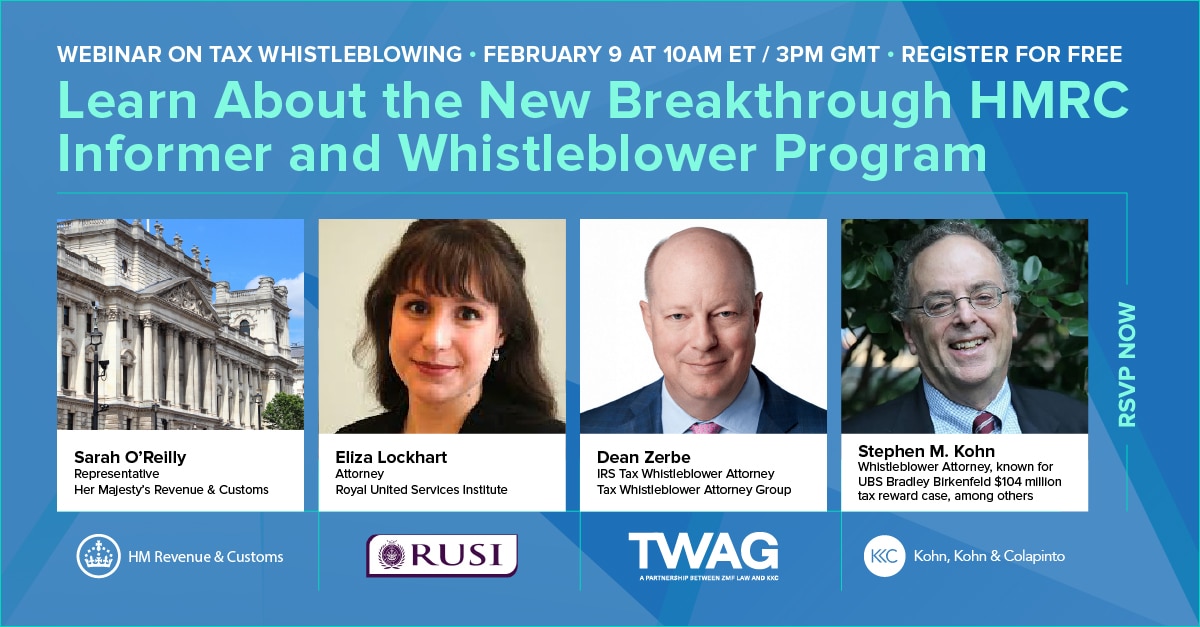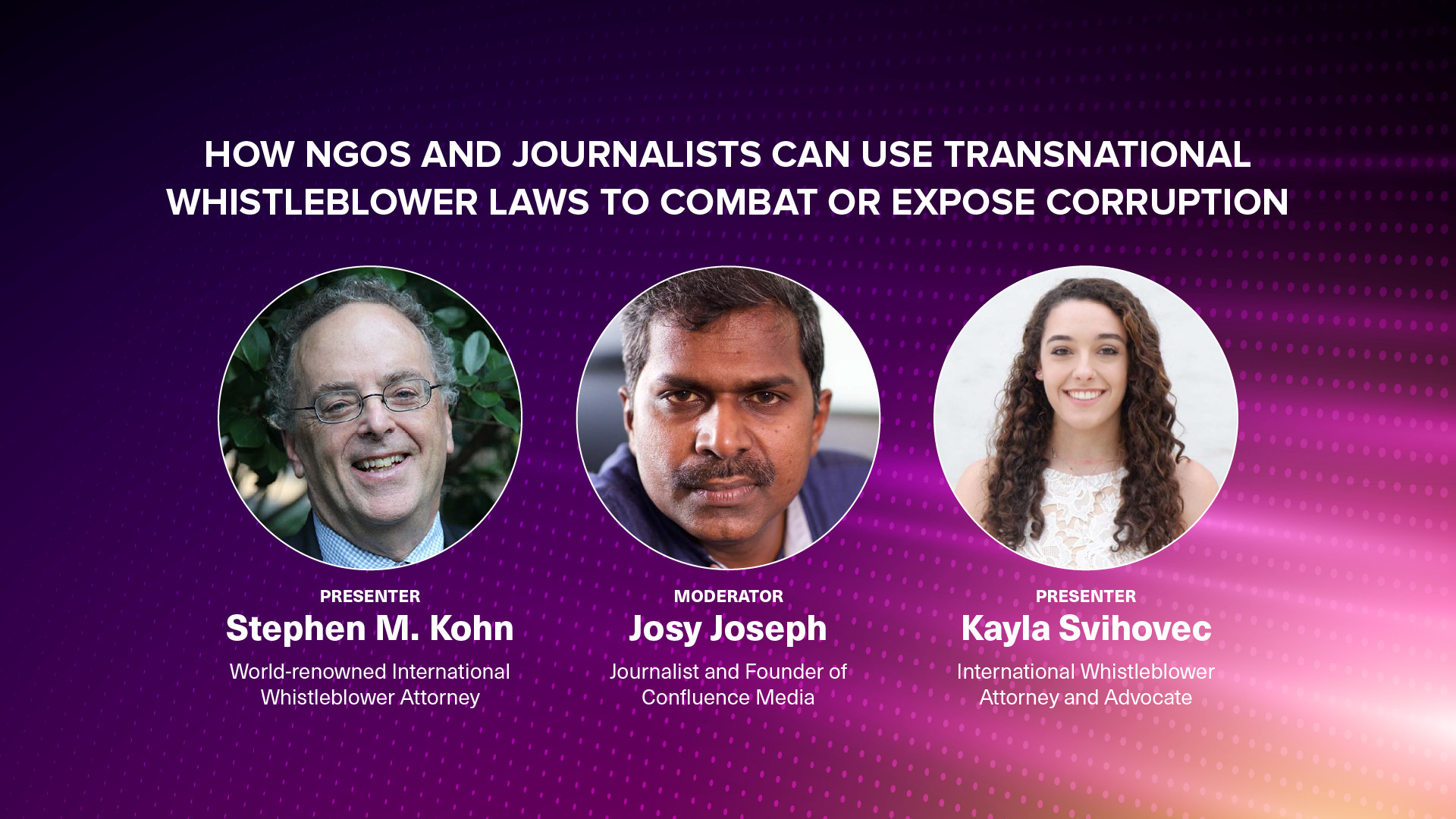Top Whistleblower Attorney Addresses Rise of Interior Department Whistleblower Complaints

Michael D. Kohn, of the whistleblower law firm Kohn, Kohn and Colapinto, spoke to E&E News about the spike in whistleblower complaints made to the Office of Special Counsel by employees from the Department of Interior.
Complaints about the Trump administration’s crack down on “leakers” have increased since September of last year when Politico broke the news that several cabinet officials were using private planes with public money.
In September 2017, Interior Secretary Ryan Zinke, who was one of the cabinet members using the private jets, claimed that a third of his staff was disloyal to President Trump and his agenda. Many of the Interior staff members, like Joel Clement, a top climate policy adviser who filed a complaint with OSC, were reassigned into positions where they felt unfit and “disrespected”, and believed the President was trying to “muzzle” scientists within the department. Clement announced his resignation in October and chose to blow the whistle on President Trump, the first of many to do so.
According to E&E News, 72 whistleblower cases from the Department of the Interior were filed in 2017, along with 26 already filed this year.
“That number in the increase of complaints is remarkable, it demonstrates there’s something very wrong going on,” Kohn said. “The data demonstrate there’s a real problem.”
Kohn, who is also president of the whistleblower advocacy group the National Whistleblower Center, added “most whistleblowers file complaints with the Office of Special Counsel because it’s their only option and the office will investigate while providing clients with information throughout the inquiry.”
However, he noted that OSC has limited resources, and the depth of the office’s investigations are limited. More significant is the fact that when OSC does find evidence of retaliation, the cases may be sent to the Merit Systems Protection Board (MSPB), — an independent, quasi-judicial agency that reviews whistleblower retaliation cases of federal employees. The MSPB has not had a quorum to hear cases since Trump entered office. This has created a substantial backlog of cases and left several federal employee whistleblowers in a legal limbo.




